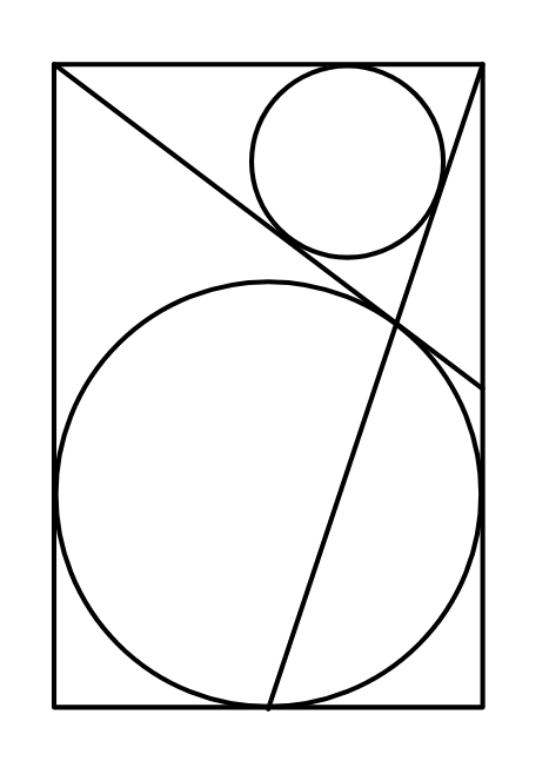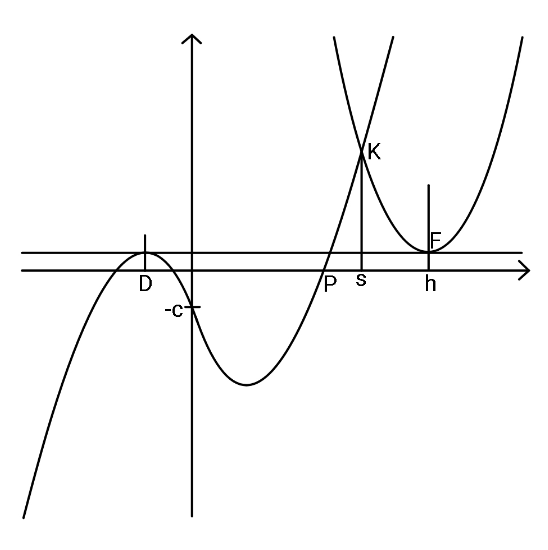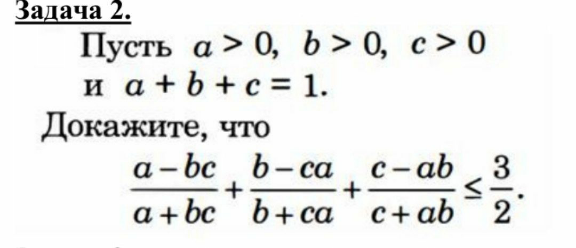
AlgebraQuestion and Answers: Page 234
Question Number 125947 Answers: 0 Comments: 0

Question Number 125951 Answers: 0 Comments: 0

Question Number 125950 Answers: 1 Comments: 1

Question Number 125915 Answers: 1 Comments: 0
Question Number 125900 Answers: 0 Comments: 1

Question Number 125890 Answers: 0 Comments: 1
Question Number 125873 Answers: 1 Comments: 0

Question Number 125868 Answers: 1 Comments: 0

Question Number 125864 Answers: 1 Comments: 0
Question Number 125785 Answers: 1 Comments: 0
Question Number 125743 Answers: 0 Comments: 7
Question Number 125686 Answers: 0 Comments: 1
Question Number 125670 Answers: 1 Comments: 0
Question Number 125669 Answers: 1 Comments: 0
Question Number 125654 Answers: 1 Comments: 1

Question Number 125632 Answers: 1 Comments: 0

Question Number 125577 Answers: 1 Comments: 1

Question Number 125539 Answers: 2 Comments: 1

Question Number 125504 Answers: 1 Comments: 0
Question Number 125465 Answers: 1 Comments: 0

Question Number 125464 Answers: 0 Comments: 1

Question Number 125442 Answers: 1 Comments: 0
$${find}\:\mathrm{2}^{\mathrm{2}^{\mathrm{2}^{\mathrm{2}} } } \\ $$
Question Number 125428 Answers: 0 Comments: 1

Question Number 125288 Answers: 1 Comments: 2

Question Number 125262 Answers: 0 Comments: 1
Question Number 125258 Answers: 0 Comments: 1
Pg 229 Pg 230 Pg 231 Pg 232 Pg 233 Pg 234 Pg 235 Pg 236 Pg 237 Pg 238
